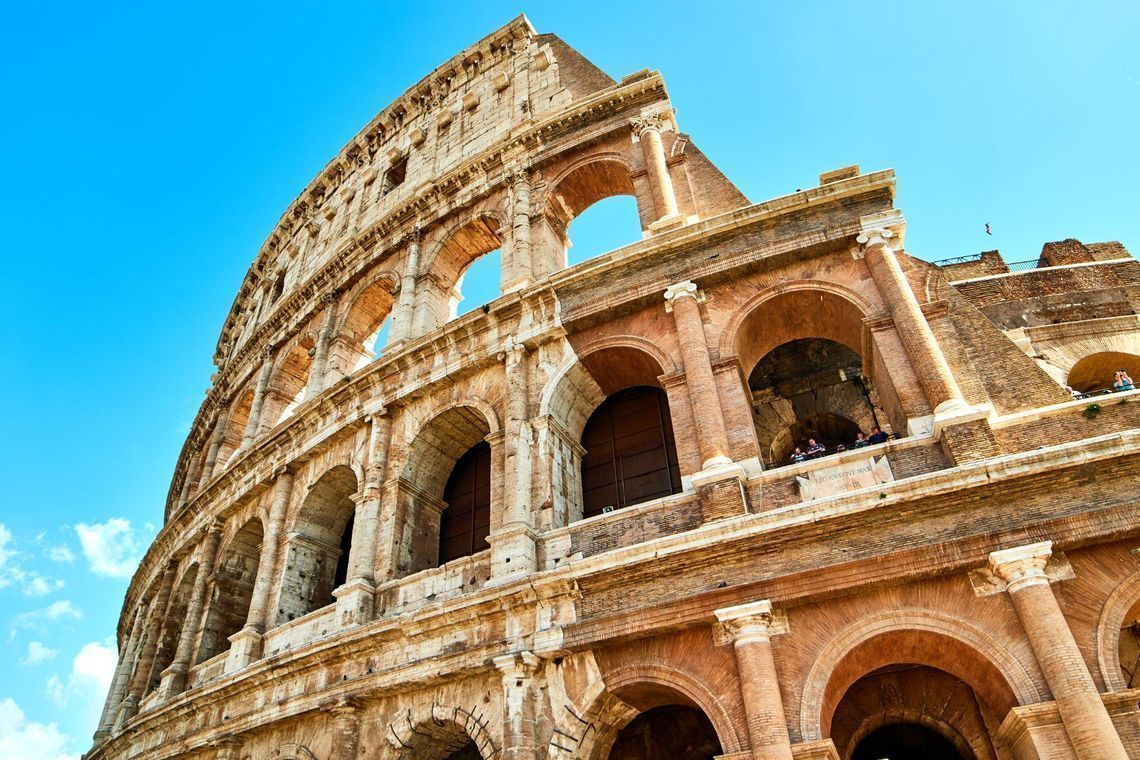Apply to a foreign university with confidence
- Properly fulfilled documents
- Perfect motivation letter
- Support from a personal mentor
- Offers from several universities
Article score: 5 out of 5 (2 reviews)
Everything you need to know about the specifics of studying for a bachelor's degree in Italy: the education process, universities and prospects after graduation.
Free consultation





Bachelor’s programs in Italy draw global interest, attracting individuals from diverse corners of the globe. Alongside international students, numerous foreign researchers also flock here. Italian universities boast educators from Europe, the United States, and Canada, enriching the educational quality of the country.
Foreign applicants hold notably favorable odds for acceptance into Italian universities compared to other European countries, due to an absence of entrance exams and strict language requirements.
Items 1-6 of 325
Advanced searchA bachelor's degree in Italy is called Laurea. Study duration at Italian universities spans three, occasionally four years. The academic calendar is divided into two semesters: the first spanning from October through January, and the latter from February to July. However, some institutions (such as the University of Padua) adopt a trimester-based structure: the first spanning October to December, the second — January to March, and the third — April to July.
Concerning the budget for applicants, the expenses for a bachelor's program begin at 1,921 USD per year with the average cost of 4,520 USD per year. Tuition fees may vary depending on many factors, so it is best to verify them on the official program website.
Italian university students enjoy the autonomy to select their preferred subjects and instructors, barring a few mandatory disciplines. This grants students the freedom to engage with their interests, demanding a substantial degree of self-directed motivation and independence.

Italy's educational framework adheres to the Bologna system, where a predetermined number of academic hours must be fulfilled for course completion. Each academic year necessitates the acquisition of 60 educational credits, with 1 credit amounting to 25 academic hours.
Lectures constitute the primary class structure, complemented by end-of-semester seminars.
Over 30% of students discontinue their studies at Italian universities, primarily due to waning motivation. The ANVUR agency, responsible for evaluating the nation's higher education institutions, attributes this trend to the absence of market-oriented courses at universities, as highlighted in a 2016 report. According to the agency, many Italian students harbor doubts about the efficacy of a bachelor's degree in fostering their career paths.
Should a student remain committed to completing their studies, they possess the opportunity to reattempt exams in the same session if they receive an unsatisfactory grade. While there exists no official limit to the number of attempts, students can potentially negotiate with instructors to undertake a subject examination for a third or even fourth time.

Employment
Italy deals with a relatively high unemployment rate (7.8% as of December 2023[1]), posing challenges for foreign graduates lacking professional experience to secure local employment (with youth unemployment peaking at 22%[2]). Nevertheless, possessing an in-demand specialization such as engineering, IT, or economics enhances the prospects of landing a job, particularly in the northern regions of Italy. A graduate armed with a European university diploma can also secure a promising career back home.
Master’s programs
Enrolling in an Italian master's program proves relatively straightforward: collect the required documents, complete an application, and submit them to the online system Universitaly Portal. While rare, some universities conduct entrance exams, mainly in fields like medicine.
The duration of an Italian master's degree spans two years, with an annual tuition fee of about 11,300 USD. Similar to bachelor's students, graduate scholars have the opportunity to receive state scholarships that cover tuition expenses.
The initial step in the admission process in Italy is the pre-enrollment phase. Firstly submit the required documents to the selected university, complete the application for pre-enrollment using online system Universitaly Portal. Please note that you are allowed to submit only one application to one university[3].
Depending on the program, you might be admitted unconditionally, which means you are accepted without any additional conditions. In some cases entrance exams are obligatory.
Most often, these involve internal assessments and/or interviews. Some disciplines might require GMAT or GRE exam results.
For creative fields and higher schools, specific exams are designed:
Keep in mind that some programs might involve an interview as part of the entrance evaluation process.
Universities might also ask to verify your successful completion of entrance exams in your home country.
Specific requirements can differ, so it is best to verify them on the official program website.
60+ countries
we work with
$1,000,000 saved
by students through scholarships
6,400 offers
our students got